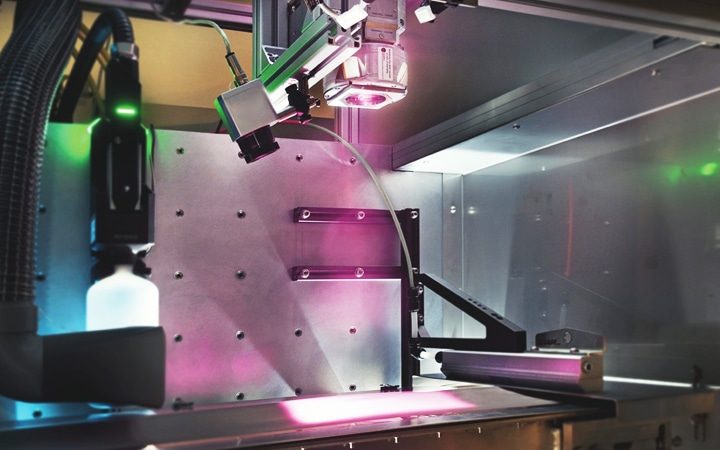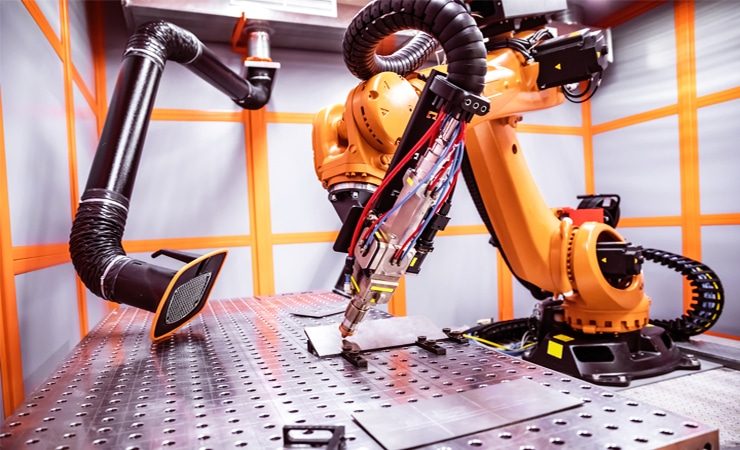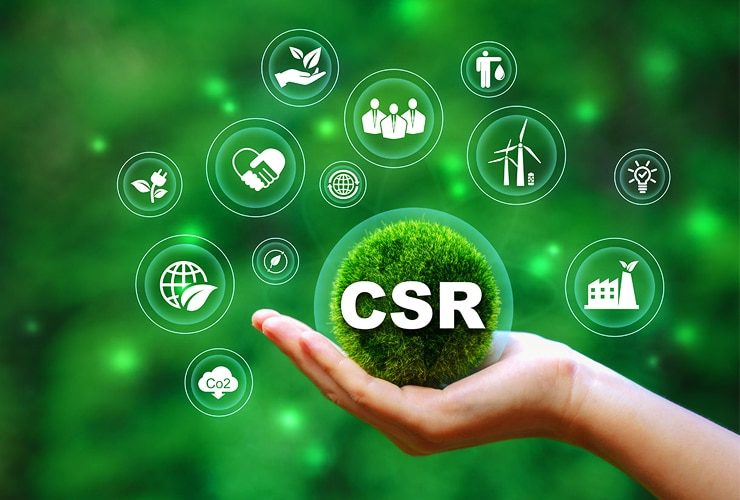Sustainable Development For Faster Laser

Commitment to Green Manufacturing
Faster Laser is dedicated to sustainable manufacturing practices that reduce our carbon footprint and help industries transition to environmentally friendly production methods. We continuously innovate to create laser systems that consume less energy, reduce material waste, and eliminate hazardous chemicals.
- Energy-Efficient Laser Solutions: Developing laser machines that consume up to 30% less energy compared to traditional manufacturing methods.
- Low-Emission Production: Using advanced fiber laser technology that eliminates harmful emissions from traditional cutting and welding processes.
- Recycling & Waste Reduction: Implementing closed-loop production systems to minimize scrap materials and recycle components efficiently.
- Green Supply Chain: Partnering with suppliers who adhere to environmentally responsible sourcing and production standards.
- Eco-Friendly Packaging: Using recyclable and biodegradable packaging materials for all shipments.

Energy-Efficient Laser Technology
Faster Laser prioritizes the development of high-efficiency laser machines that provide maximum performance with minimal energy consumption. Our fiber laser systems are designed to be more sustainable than conventional laser and mechanical manufacturing methods.
- High-Power Fiber Lasers: Delivering greater precision with lower energy consumption, reducing industrial electricity use.
- Intelligent Power Management: Integrating smart energy-saving modes in laser machines to minimize idle energy consumption.
- Optimized Thermal Efficiency: Reducing heat generation and enhancing cooling system efficiency for lower environmental impact.
- Sustainable Laser Sources: Replacing CO2-based laser systems with low-energy fiber laser alternatives that require less maintenance and power.

Eco-Friendly Laser Applications
Our laser solutions offer sustainable alternatives to traditional industrial processes, reducing the need for chemicals, excess materials, and excessive energy consumption.
- Laser Cutting & Welding: No toxic fumes or waste, unlike conventional cutting and welding processes that use consumables.
- Laser Cleaning: Chemical-free surface treatment that eliminates the need for hazardous cleaning solvents and sandblasting materials.
- Laser Marking: Non-contact marking process that uses minimal energy and eliminates the need for ink, etching chemicals, and disposable labels.

Waste Reduction & Circular Economy Practices
We are committed to promoting a circular economy by reducing industrial waste, reusing materials, and recycling components wherever possible.
- Material Optimization Algorithms: Using AI-driven cutting and welding software to maximize material utilization and minimize scrap.
- Recyclable & Durable Components: Designing laser machines with long-lasting, fully recyclable materials to reduce waste.
- Eco-Friendly Manufacturing Processes: Reducing industrial byproducts and implementing low-waste production techniques.
- Product Lifecycle Management: Offering machine refurbishment and upgrade programs to extend the lifespan of laser equipment, reducing unnecessary waste.

Sustainable Supply Chain & Logistics
Faster Laser is committed to building a sustainable global supply chain, ensuring that our materials, production, and logistics operations are environmentally responsible.
- Low-Carbon Transportation: Utilizing eco-friendly shipping options with reduced carbon emissions.
- Local Sourcing Strategies: Partnering with regional suppliers to reduce transportation-related energy consumption.
- Smart Inventory Management: Reducing excess stockpiling to minimize storage energy use and lower logistics costs.
Corporate Social Responsibility & Green Innovation
Beyond product development, Faster Laser is actively engaged in corporate social responsibility (CSR) initiatives that promote environmental awareness, sustainability education, and community development.
- Green Technology Training Programs: Educating businesses on the benefits of sustainable laser manufacturing.
- Partnerships with Environmental Organizations: Collaborating with nonprofits and green initiatives to support global sustainability goals.
- Employee Sustainability Programs: Encouraging our workforce to adopt eco-friendly workplace practices and energy-saving initiatives.

